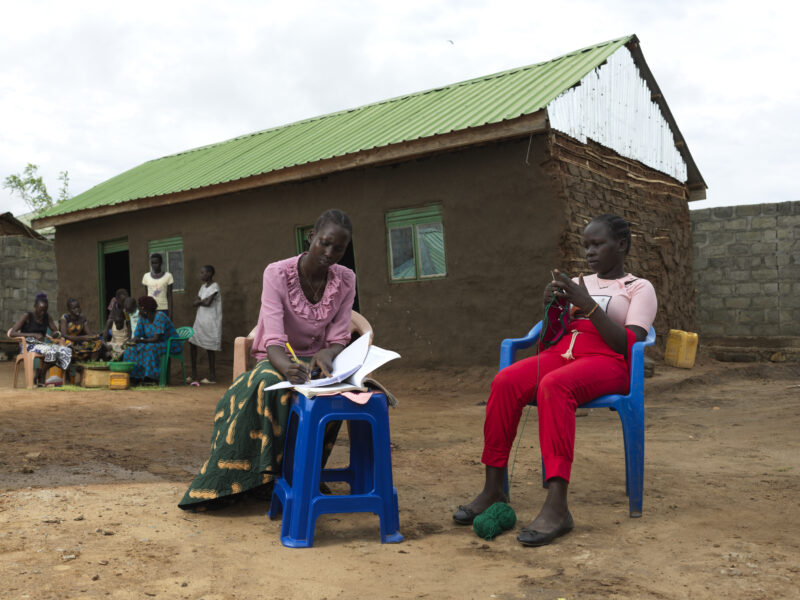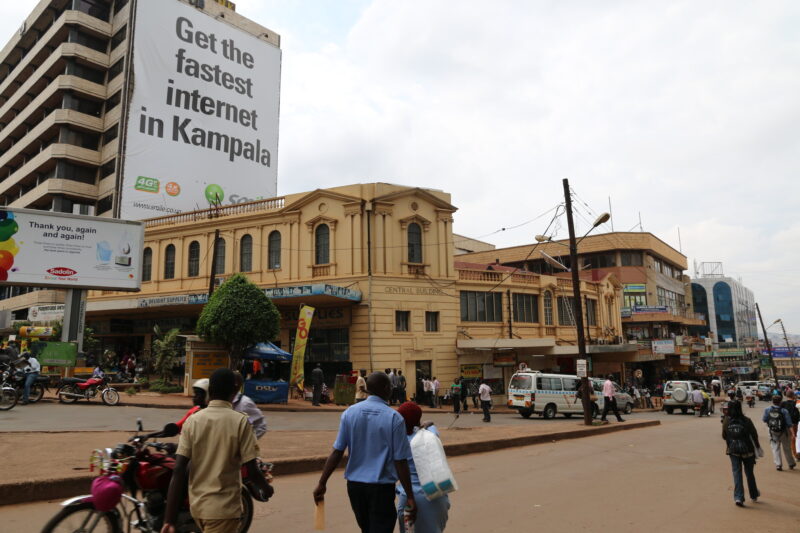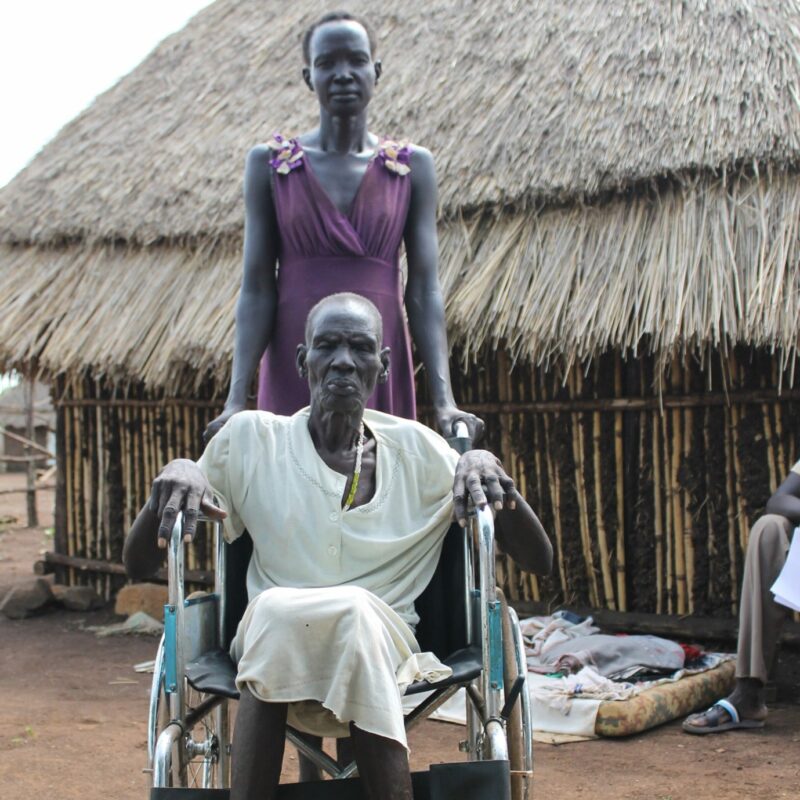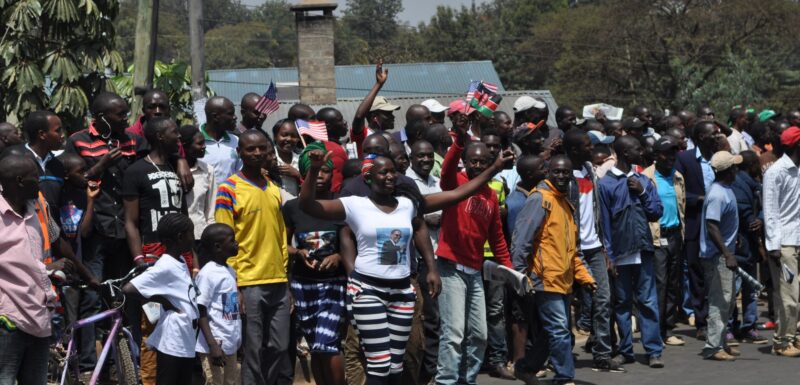Oliver Bakewell, Javans Okhonjo Wanga Whether people are migrating freely in the hope of improving their quality of life or fleeing as refugees to save their lives in the face
Tag: Uganda

Leveraging cross-border cooperation: a durable solutions approach to the South Sudan displacement crisis
People in South Sudan have experienced decades of forced displacement and cross-border mobility, resulting in families split across the country and neighbouring Sudan, Kenya, Ethiopia and Uganda. As of 2021,

Asylum in urban spaces: The case of refugees in cities in Uganda
David N. Tshimba Forced displacement, the world over, is increasingly urbanised: urban areas are becoming key sites of asylum for a great many refugees even though humanitarian assistance available in

The pursuit of a livelihood: women migrant workers and gendered experiences of migration from Uganda to the gulf countries
Zahara Nampewo, Hadijah Namyalo-Ganafa, Edgar Emmanuel Mugarura, Lavender M. Mboya In the past ten years, there has been a surge in the number of Ugandan labour migrants (both high and

Who are the ‘returnees’ in South Sudan?
South Sudan is experiencing different types of movements that are often labelled as ‘return’. Despite ongoing insecurity and a chronic shortage of essential services, it has been estimated that 505,511

The ‘Maid Trade’ – The case of women migrants from Uganda to the Gulf Countries
This blog is related to an upcoming report by the Research and Evidence Facility on women’s labour migration to the Gulf Countries. The full report will be available in September

The Global Compacts on Migration and Refugees: taking stock of progress and the way forward in the Horn of Africa
Felicity A. Okoth Four years after the adoption of the Global Compact on Refugees (GCR) and the Global Compact for Safe, Orderly, and Regular Migration (GCM) at the UN General

Taking Stock: Recent & Upcoming Research
The Research and Evidence Facility (REF) was established in May 2016 to conduct research relevant to the formulation and implementation of EU Trust Fund activities in the Horn of Africa.

Disability Inclusion of Refugees in Ethiopia and Recommendations for Future Practice
This policy brief presents the findings and recommendations from a study, on disability inclusion for refugees in Ethiopia. The study examines the experiences, protection needs, barriers to, and opportunities for

How does technical and vocational education and training (TVET) influence dynamics of mobility and conflict? Lessons from the Horn of Africa
Abebaw Minaye Gezie, Padmini Iyer In the Horn of Africa (HoA), investments in Technical and Vocational Education and Training (TVET) and other employability programmes are typically predicated on the assumption
